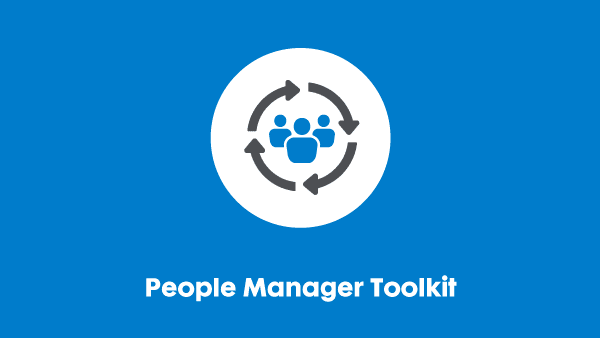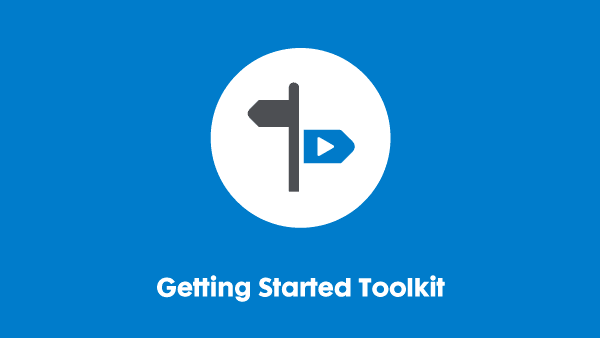Last updated: 11 September 2024
Factsheet – Eating disorders
What are eating disorders?
Eating disorders are a group of serious mental illnesses. There are several different types, and they can affect people of all ages, ethnicities, genders and backgrounds. Approximately a quarter of people with eating disorders are male.
Eating disorders are a way for people to try to cope with their mental health or other situations. It is about having some control, whether this is conscious or not. They are not about eating or the food itself.
Many people associate eating disorders with skinny people, but a person’s size and body shape can be deceptive. Anyone of any body size can have a serious eating disorder.
There are five categories of eating disorders:
- Anorexia nervosa
- Bulimia
- Binge eating disorder (BED)
- Avoidant or restrictive food intake disorder (ARFID)
- Other specified feeding or eating disorder (OSFED).
OSFED is the most common category and is used when a person’s diagnosis does not precisely fit the criteria for the other four. It does not mean that the eating disorder is less severe.
The causes of eating disorders are unknown, but common triggers include:
- receiving negative comments about weight, body shape or eating habits
- pressure to be slim, especially if the person is a dancer, model, or athlete
- low self-esteem and perfectionism
- a history of emotional, physical or sexual trauma
- a family history of eating disorders, addiction, or depression.
Is an eating disorder a disability?
In short, yes.
In the UK, the Equality Act 2010 defines as a disability any condition that ‘has a long-term effect on a person’s ability to carry out normal day-to-day activities’.
A condition is long term if it lasts or will last at least 12 months. ‘Normal day-to-day activities’ means anything a person may normally do regularly in a normal day, such as personal care or tasks they usually perform at work.
Many people with eating disorders meet these criteria.
However, it is better not to focus on whether an employee meets the legal definition of disability before providing support and adjustments. Instead, ask ‘What can I do to support this individual to perform at their best?’ Requiring employees to meet certain criteria before they can receive adjustments and support can be demoralising
The answer to this question can include providing adjustments, having sensitive conversations with them, and signposting them to support from your Employee Assistance Programme. See below for some suggested adjustments.
How do eating disorders affect an individual?
The signs and symptoms for each eating disorder type are different, but there are some common features:
- avoiding social events that involve food
- being overly conscious and worried about body shape and weight
- restricting food intake or taking measures to compensate after eating
- having strict routines and restrictions about food with no medical basis, such as restricted diets for allergies or coeliac disease.
- overexercising
- a decline in mental health – anxiety, low self-esteem, mood swings, irritability, and being secretive and defensive, especially about food
- a strong sense of shame and low self-esteem, which can make asking and accepting support for their illness very difficult
- poor concentration
- digestive problems
- weight significantly outside the normal range (high or low)
- poor circulation
- dizziness, fainting, feeling cold.
Potential impact on work
Most people with eating disorders will want to keep it secret, including at work. They usually do this by striving to excel at work and remain unnoticed to deflect their eating disorder. Perfectionism is a common trait in people with eating disorders.
Physically demanding roles can be challenging for some people with eating disorders – for example standing for long periods, lifting and carrying heavy objects, or walking long distances.
Eating disorders are often also accompanied by other forms of mental ill-health, such as depression and anxiety. These can affect a person’s mood, productivity and quality of work. For advice about mental health at work, see our Mental Health Toolkit.
Eating disorders are also more common among people who are neurodivergent, for example autistic people. This doesn’t mean that most people with autism have an eating disorder or vice versa – however, an individual with an eating disorder may also have a neurodiverse condition, which they may or may not have shared with their employer. When supporting employees who have eating disorders, employers should consider that the employee may face other barriers at work, and seek to prove support and adjustments where appropriate. For more advice about neurodiversity, see our Neurodiversity Toolkit.
Recovery is different for every person who has an eating disorder, and most people will recover with appropriate treatment and support. Recovery may take several years for some people. For those with severe cases, hospital admission may be necessary.
Legal duties
The Equality Act 2010
In the UK, employers have duties to:
- prevent discrimination, and
- provide reasonable adjustments
for their disabled employees. This means that it is unlawful for employers to treat applicants, job candidates and employees unfavourably because of their disability.
The Equality Act also requires employers to make ‘reasonable adjustments’ for their disabled employees.
Suggested adjustments
If someone is recovering from an eating disorder and receiving treatment, they may tell you. This may be their way of asking for support, and ideally, you should discuss their needs as soon as possible.
However, employers also have a duty to make adjustments when they could reasonably be expected to know that an employee is disabled – even if the employee hasn’t told their employer that they are disabled. That means you shouldn’t wait for an employee to ask for adjustments if you suspect they could need them. Be proactive and talk to an employee who appears to be struggling at work to see if they need adjustments.
Some potential adjustments for employees with eating disorders include:
- People with eating disorders may require time off work to attend appointments related to their condition. For example, to attend routine check-ups or specialist talking therapies.
- Sometimes a person may need to take time off work due to the severity of their symptoms. Eating disorders are serious illnesses and can be fatal without treatment. There may be times when a person requires to be in hospital for treatment. A graded return to work and duties can be helpful in these situations.
- It is best practice to have policies and procedures that distinguish between sickness absence taken for a reason relating to a disability and general sickness absence. Disabled employees must not be treated less favourably than their colleagues for a reason relating to their disability.
- The person may wish to eat on their own and at a specific time during their recovery. They may also need longer breaks to be able to finish their meal. This is usually due to the psychological barriers they need to overcome to eat and eat the full amount. This must be accepted if possible, as it can be a crucial part of their treatment and recovery.
- In some cases, the employee may be a parent or other carer of someone with an eating disorder. They may need to attend specialist appointments with the person with the eating disorder at the specialist’s request. It is helpful to have policies that cover such situations for carers and to be able to accommodate these requests where possible.
- If you have customers who have eating disorders, they must also be treated with sensitivity. It is not uncommon in retail for staff to work with customers whom they suspect or know have an eating disorder. Training on sensitively addressing the issues can be very beneficial to the clients and staff and be good for business.
Further information
For more information on suggested adjustments, specific barriers for eating disorders and information about the law, please see our other resources in the Knowledge Hub.
Advice Service
For more detailed information and advice about a specific situation, contact the Advice Service:
Telephone: +44-20-7403-3020
Textphone: +44-20-7403-0040
Email: advice@businessdisabilityforum.org.uk
Beat
Beat is a UK charity that provides support to people with eating disorders. They have a helpline that can provide information, support and signpost to other sources of help. They also support family and friends of people with eating disorders.
Website: www.beateatingdisorders.org.uk
Helpline: 0808 801 0677
Email: help@beateatingdisorders.org.uk
If you require this content in a different format, contact enquiries@businessdisabilityforum.org.uk.
© This resource and the information contained therein are subject to copyright and remain the property of the Business Disability Forum. They are for reference only and must not be copied or distributed without prior permission.

